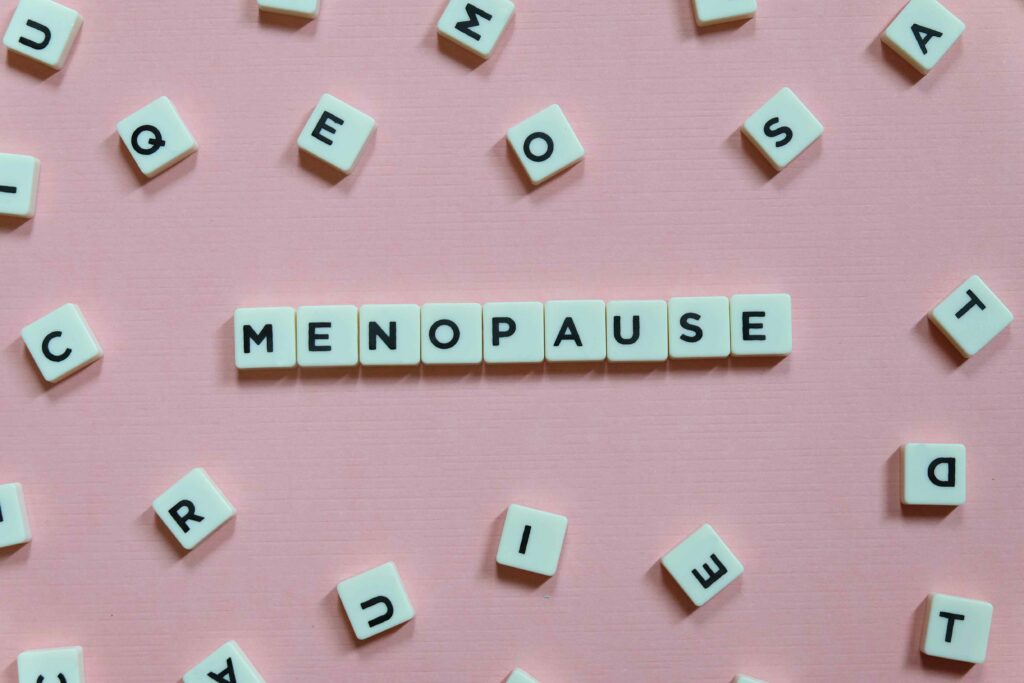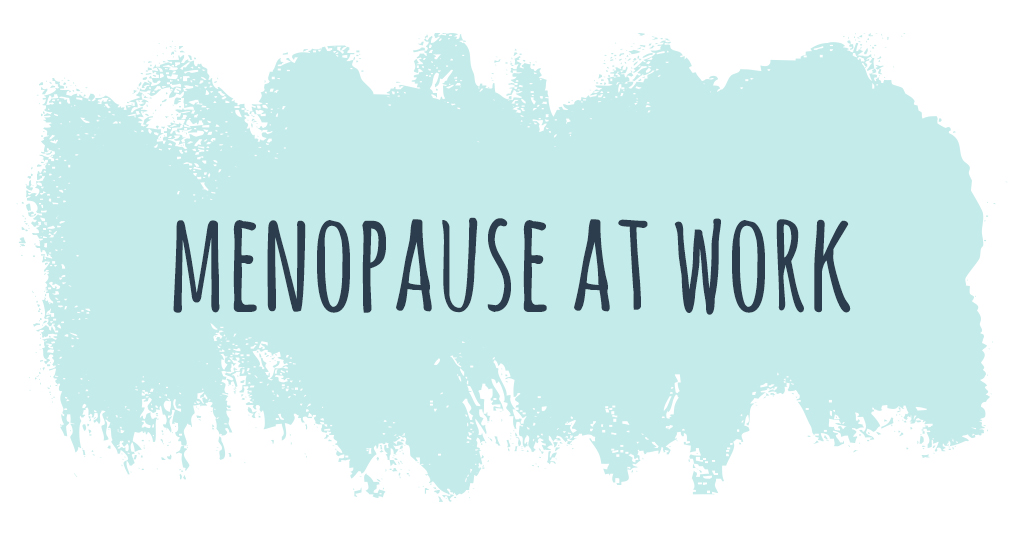
Menopause is a natural biological process when a woman’s menstrual cycle ends, periods stop and she can no longer become pregnant naturally.
There are stages of menopause:
- Perimenopause – This stage occurs during the period of time when a woman’s body makes its natural change towards menopause. The hormone balance starts to change, oestrogen levels are decreasing and fertility is reduced however a woman can still become pregnant. This stage is when symptoms first start to appear and can last for months or even years.
- Menopause – Once a woman has not had a menstrual cycle for 12 months, she is deemed to have reached menopause. This means that the ovaries have stopped producing eggs and oestrogen levels are at a minimum.
- Post menopause – This stage occurs after menopause and symptoms are still present. It is possible for some women to experience menopausal symptoms for up to a decade after menopause.
It is possible for women younger than 40 years old to experience menopause. This is known as premature ovarian insufficiency (POI), premature ovarian failure or ‘premature menopause’. It is called ‘early menopause’ if it occurs between the ages of 40 and 45. Often, there is no clear cause for the early onset of menopause, but it can be as a result of surgery, e.g. oophorectomy or hysterectomy, illness or treatment such as chemotherapy or radiotherapy.
Symptoms of menopause include but are not limited to:-
- Hot flashes
- Brain fog
- Irritability
- Emotional changes including anxiety and/or depression
- Palpitations
- Insomnia
- Vaginal dryness
- Dry skin, dry eyes or dry mouth
- Urinary changes
- Difficulty concentrating
- Memory lapses
- Headaches
- Joint and muscle aches and pains
- Hair loss or thinning
- Weight gain

The symptoms and psychological effects of menopause can impact on work performance and attendance. Organisations need to treat menopause like any other health condition by creating an inclusive environment and making reasonable adjustments.
Senior leadership has to be on board with any menopause related initiative and have support for those affected by menopause as part of the people strategy. Organisations are encouraged to raise awareness and break the stigma surrounding menopause. It’s important to educate the workforce on menopause and its various symptoms as well as offer information to those who are affected and how they can access support.
Organisations should have a comprehensive menopause policy which outlines the obligations of the organisation and how it will support those affected.
Line managers need to be trained on how to manage the performance and attendance of those affected. Like other health conditions, menopause is a personal and sensitive topic and line managers need to have sensitivity and empathy and understand the need for confidentiality. Conducting a menopause risk assessment is necessary to determine the appropriate reasonable adjustments.
Women experiencing menopausal symptoms who miss work as a result should never be penalised under any absence management process. In contrast, as much support as possible should be given to these individuals as some symptoms can be debilitating.
It is crucial to support women who go through menopause to remain in and thrive at work and retain this valuable talent in organisations.
What steps do you think organisations can take to support those affected by menopause? What improvements would you like to see in your own workplace regarding menopause?
Jolene King is Principal Consultant of 246 King Consulting (https://246king.com). She is an Occupational Psychologist, experienced Human Resources professional, qualified Mental Health First Aider, mental health advocate and is trained in mental health conditions and exercise, health and nutrition. She can be reached at jking@246king.com.
